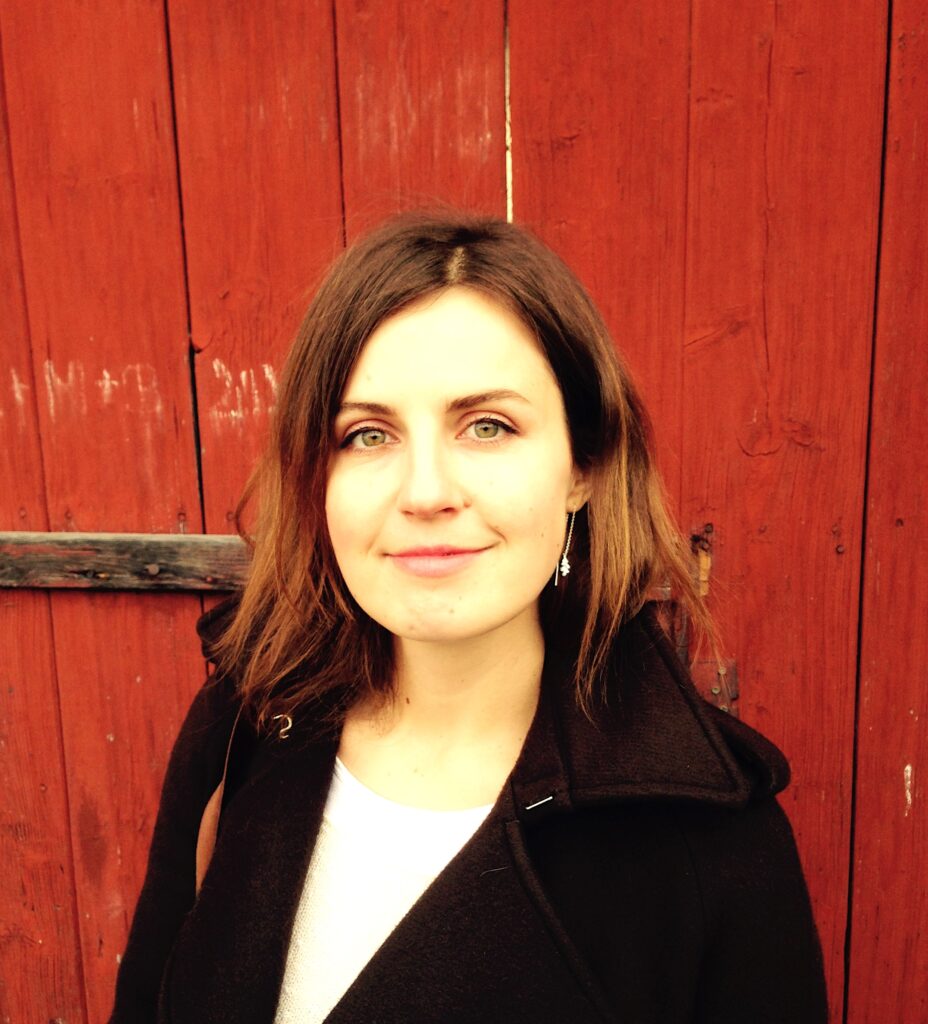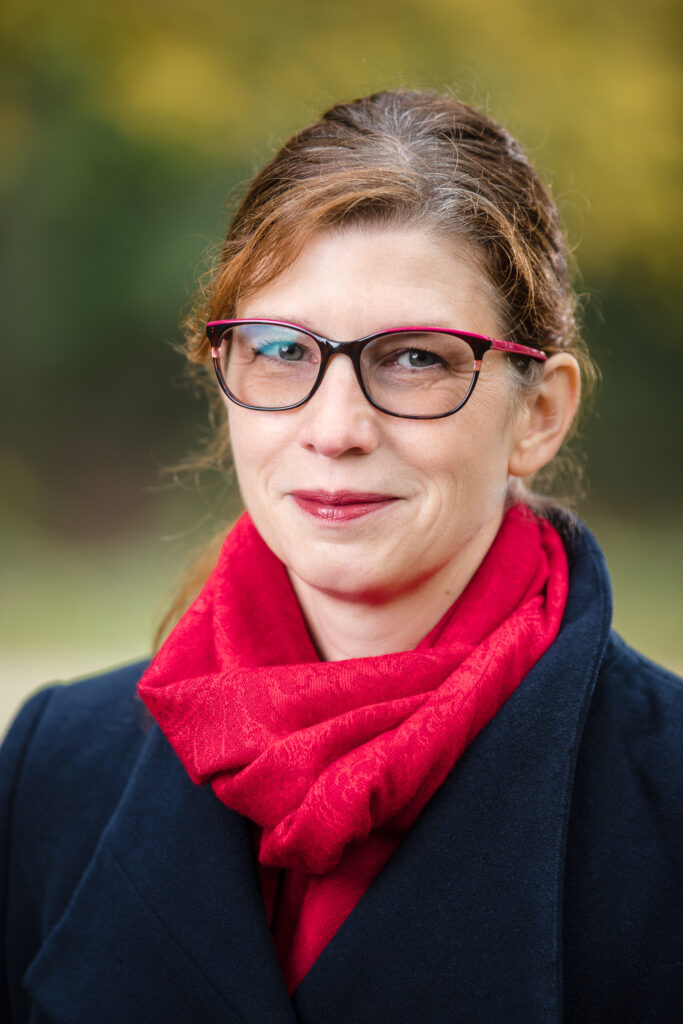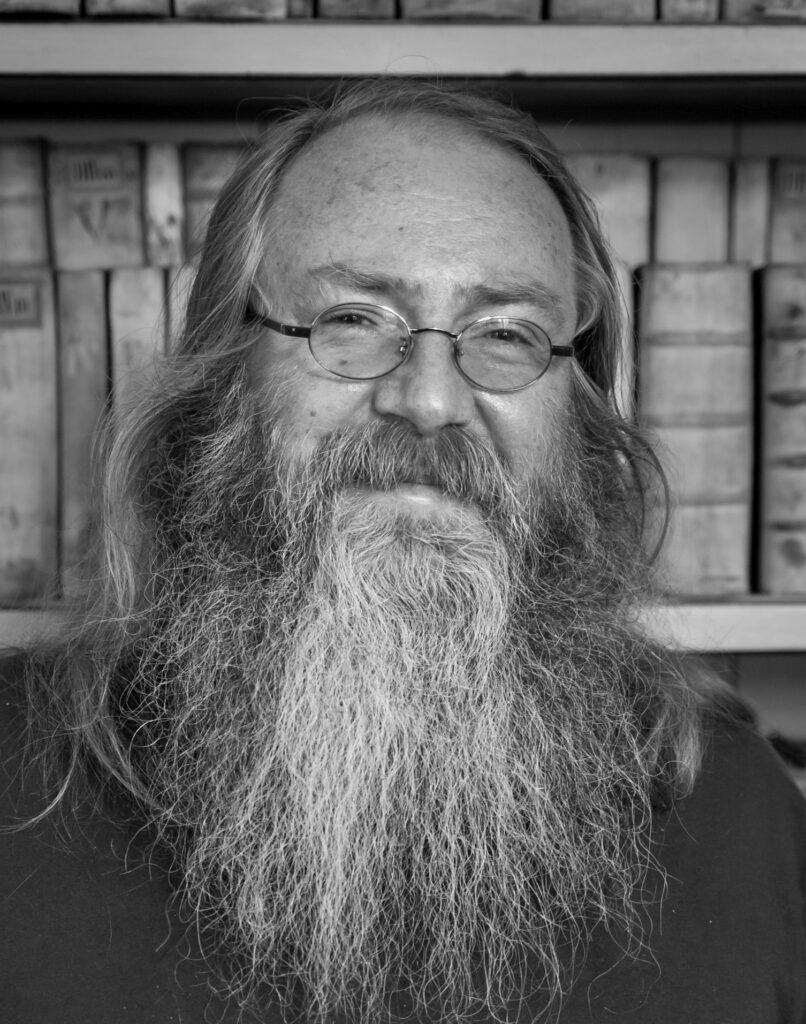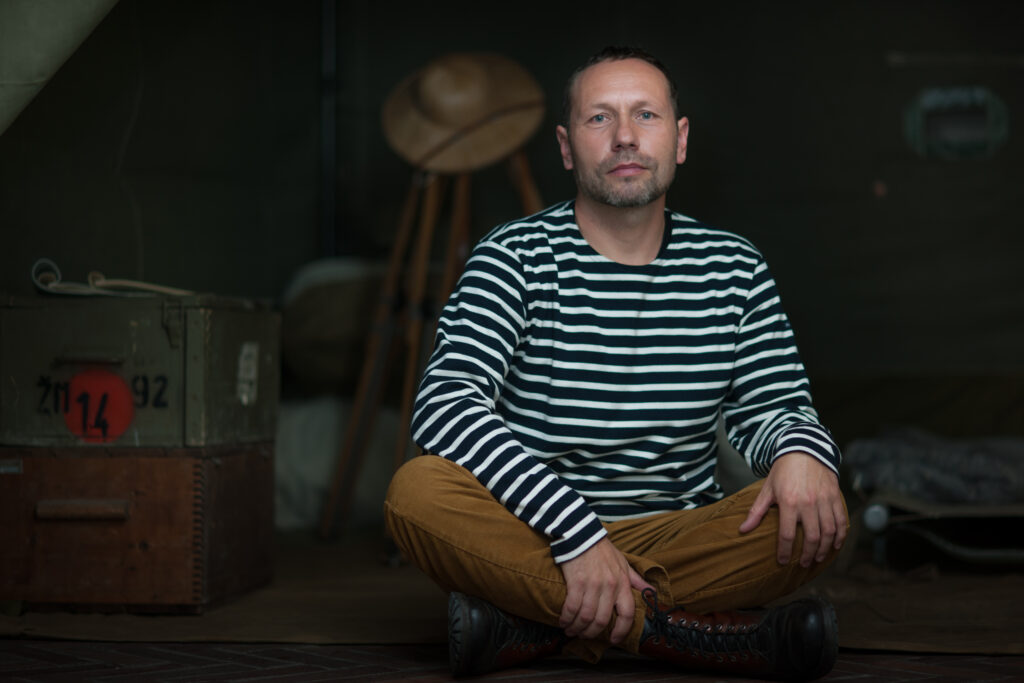Lecturers from CTS & external collaborators
Coordinators of the Anthropocene Microcertificate Educational Programme:
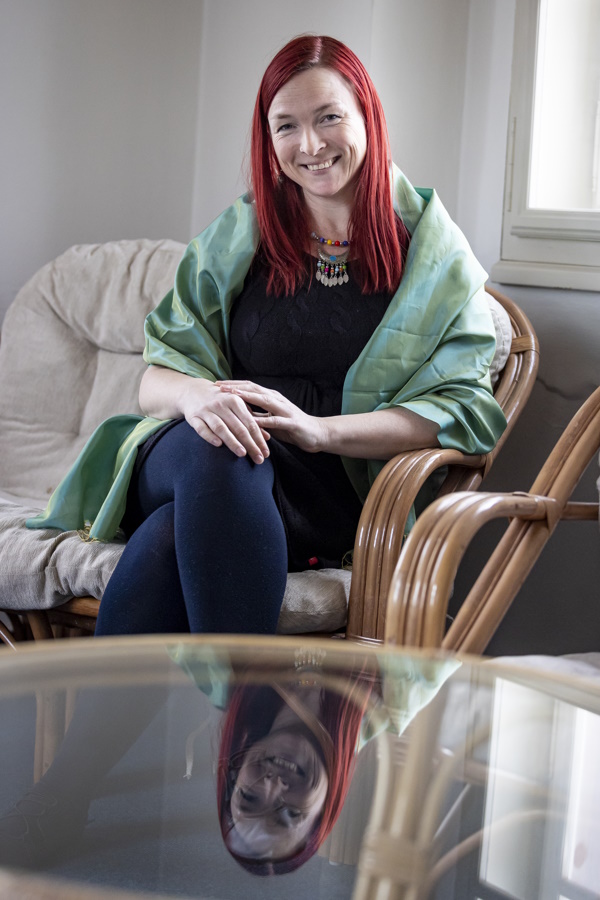
Eliška Fulínová specialises in philosophy. Her field is contemporary phenomenology and she also studies the concept of the Anthropocene from this perspective. In addition, she has a long-term interest in Antiquity, and has studied, for example, Archaic Greek thought and Aristotle’s writings on biology. For several years she led an internal research seminar on the Anthropocene at CTS together with Anna Kvíčalová, which resulted in the publication of the jointly authored book Antropocennosti: Průvodce světem antropocénu (Academia, 2024).
Anna Kvíčalová is a scholar of religious studies and historian of science and technology, with a particular interest in the history of sound and hearing. She holds a master’s degree from the University of Amsterdam and a doctorate from the Freie Universität Berlin. In 2013-2017, she worked at the Max Planck Institute for the History of Science in Berlin. She is currently a researcher at the Centre for Theoretical Study, where she studies the relationship between the humanities and natural sciences in the 19th and 20th centuries and interdisciplinarity in the contemporary study of the Anthropocene.
Karolína Pauknerová studied anthropology and archaeology at the Faculty of Humanities and at the Faculty of Arts of Charles University. Her research focuses on the topic of landscape and its past and memory, and the study of material culture. She developed and monitored these topics, for example, in the field of cultural and natural heritage, its transformations and presentation, and through them contributes to joint research and the interest of the workplace in the Anthropocene. Since 2023, she has been involved in the management of the internal CTS seminar “The domestication of the world: the relationship between society and nature in the Anthropocene”.
Lecturers from CTS

Radan Haluzík is a social anthropologist and, previously, also a biologist, who is interested in the Anthropocene transformations of contemporary (both urban and non-urban) landscapes and rural areas on a global scale. At CTS, he led the joint transdisciplinary project City inside out, which explored vague terrains, internal peripheries and places between the places of our cities, based on which a collective monograph of the same name was created. He is currently researching changes in housing and rural life in a number of areas of Eastern Europe, Asia, Africa and Latin America that were, until recently, marginal..
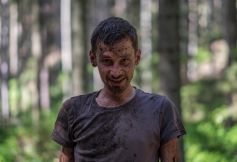
Jan Hošek is a geologist who researches the dynamics of environmental changes in the Quaternary period. In his research he utilises various types of sedimentary archives in Central Europe, the Balkans and North Africa. He focuses, among other things, on the resilience and adaptation of prehistoric societies to changes in the natural environment. In addition to CTS, he also works at the Czech Geological Survey and lectures at the Faculty of Science of Charles University.
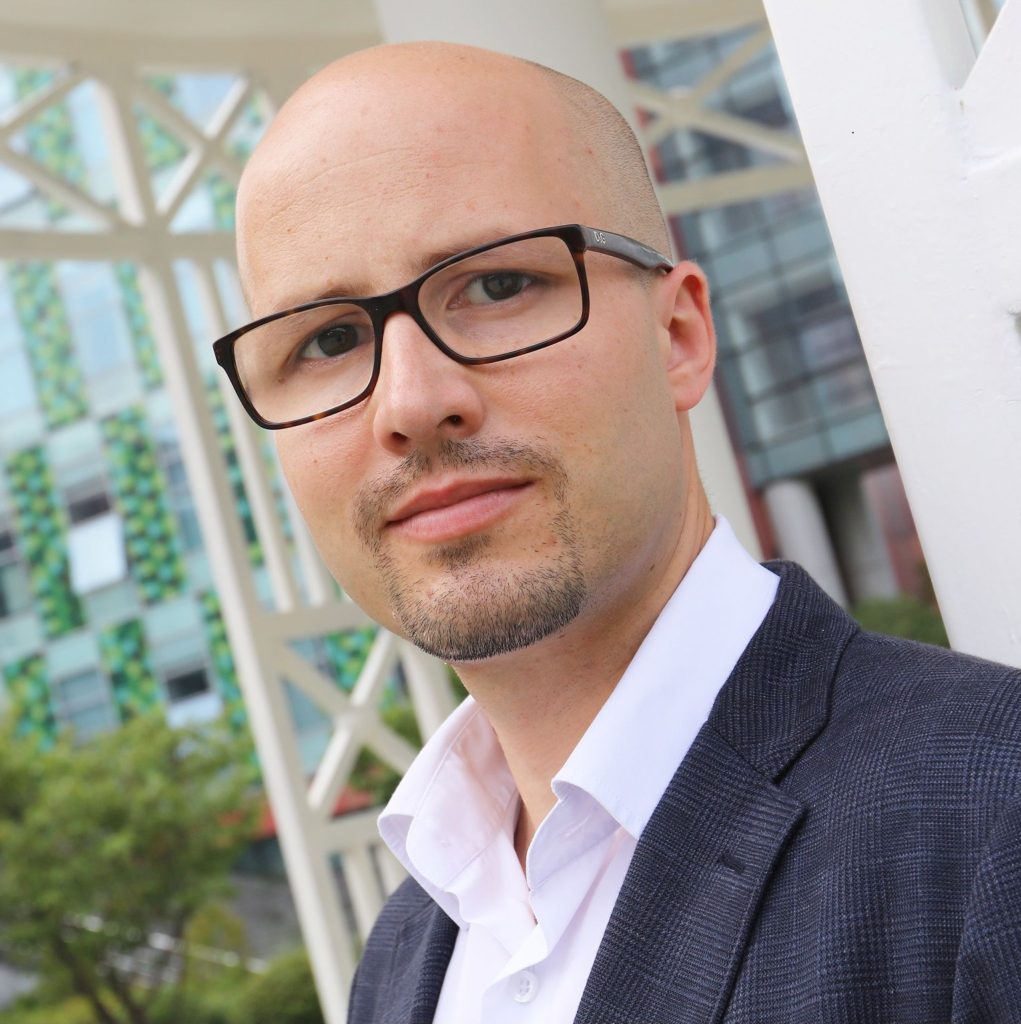
Marek Hudík studied economics at the University of Economics in Prague. He has previously worked at the International Business School Suzhou at Xi’an Jiaotong-Liverpool University in China and as a visiting professor at prestigious institutions in China, Italy, Germany and the USA. In his research he deals with institutional economics and applied microeconomics. In connection with the Anthropocene, he is interested in the impact of natural and technological changes on the social, political and economic order
Zdeněk Konopásek is a sociologist. His long-term interest is in the complex relations between science and politics, which have been further complicated by the Anthropocene. He tries to define the concept of the Anthropocene in such a way that it makes sense (in both sociological and political terms). He is also involved in research on the protection of nature/culture and the position of science in the contemporary world. His fundamental, lifelong inspiration is the work of Bruno Latour.
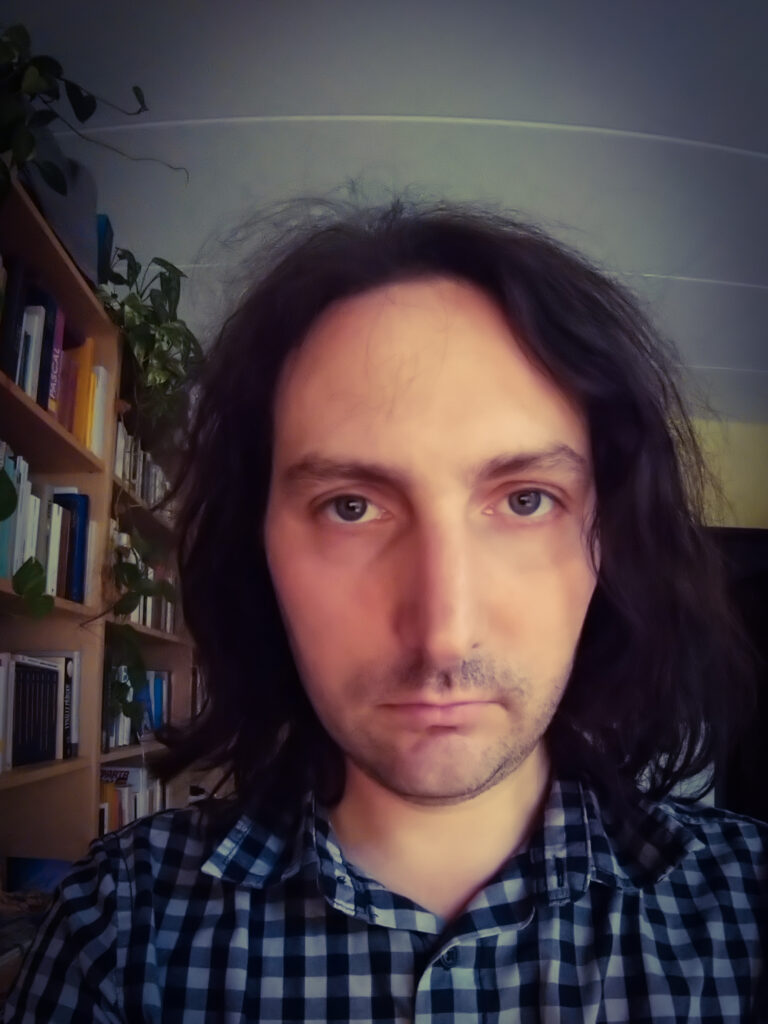
Jan Makovský deals with the philosophy of infinity, particularly with regard to Descartes, Pascal and Leibniz, the issue of infinitely small and the geometrisation of nature and the impact of mechanistic thinking on the position of man in nature during the Anthropocene.
Petr Pokorný is a paleoecologist and environmental archaeologist. He deals with research into the “deep Anthropocene” – the relationship between nature and humanity from a long-term perspective, from the peak of the last Ice Age to the present. In this he utilises analyses of continuous sedimentary records, and in particular pollen analysis.

Cyril Říha is a theorist in architecture and urbanism and a philosopher. He studies spontaneous processes in cities and human interventions in the landscape, the establishment of the settlement system from the High Middle Ages to the present, and the regulation and communication of construction activities in protected landscape areas, from the perspective of the Anthropocene, with an emphasis on the interdependence of man and nature.
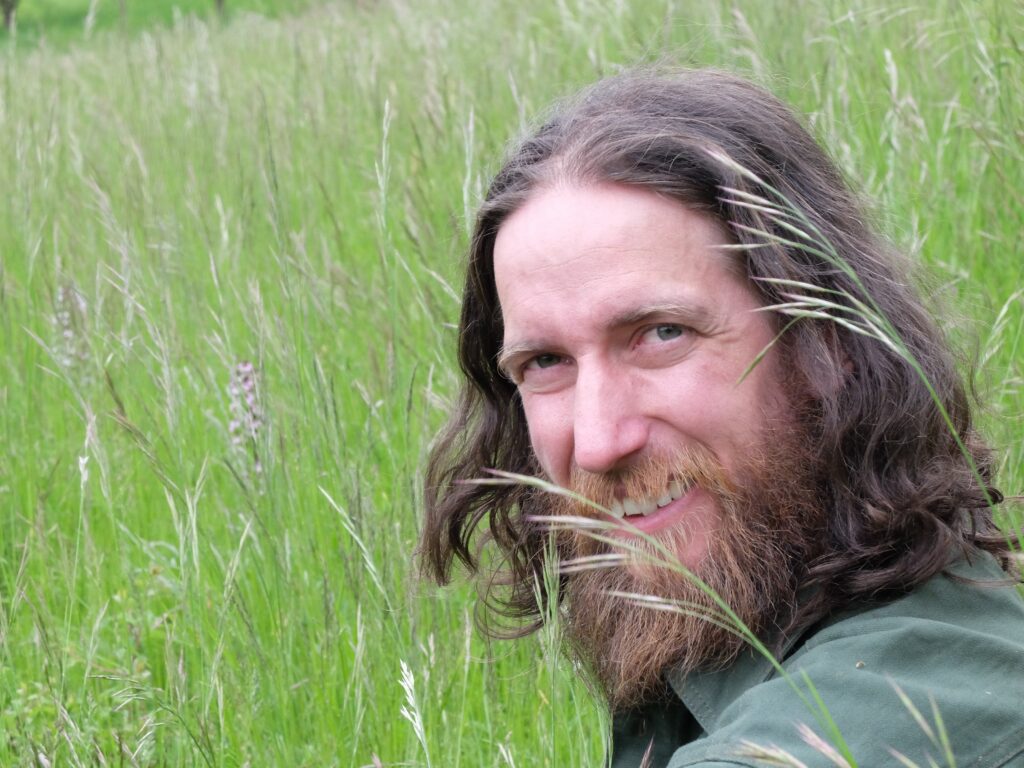
Jindřich Prach is a geobotanist. He endeavours to divide his work equally between research, especially at Charles University (CTS and the Department of Botany of the Faculty of Science), and state administration, where he works for the Agency for Nature Protection and Landscape Protection of the Czech Republic at the Administration of the Bohemian Karst Protected Landscape Area. His research focuses on landscape changes both in the past (paleoecological methods) and in the present (e.g. botanical surveys) and the application of the results of this research in nature conservation. Otherwise, he is an admirer of the traditional cultural landscape – old trees, avenues, borders and orchards, preferably with a rucksack on his back and a camera in hand.
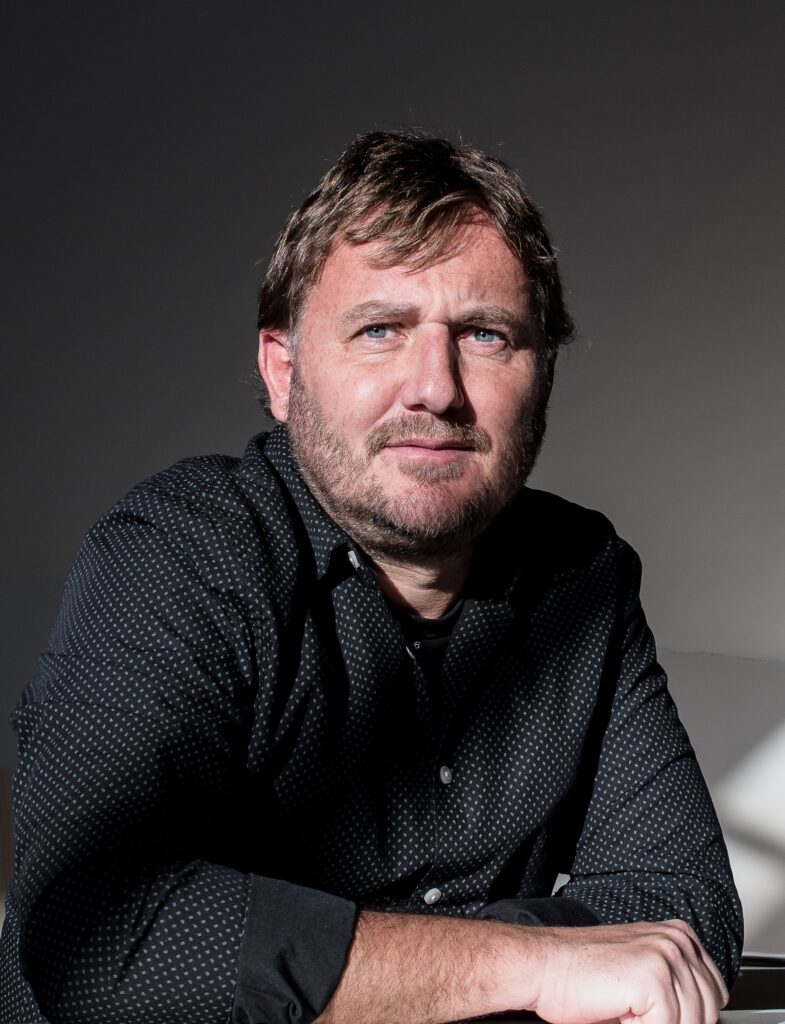
David Storch is a biologist, with a focus on macroecology, biodiversity and evolutionary theory. In addition to his work at CTS, he is also a professor at the Faculty of Science of Charles University. Recently, he has been interested in current changes in nature and landscape. Together with Petr Pokorný, he is the co-editor of the collective monograph Antropocén (Academia, 2022), ) and he often comments on ecological and environmental issues in the media.
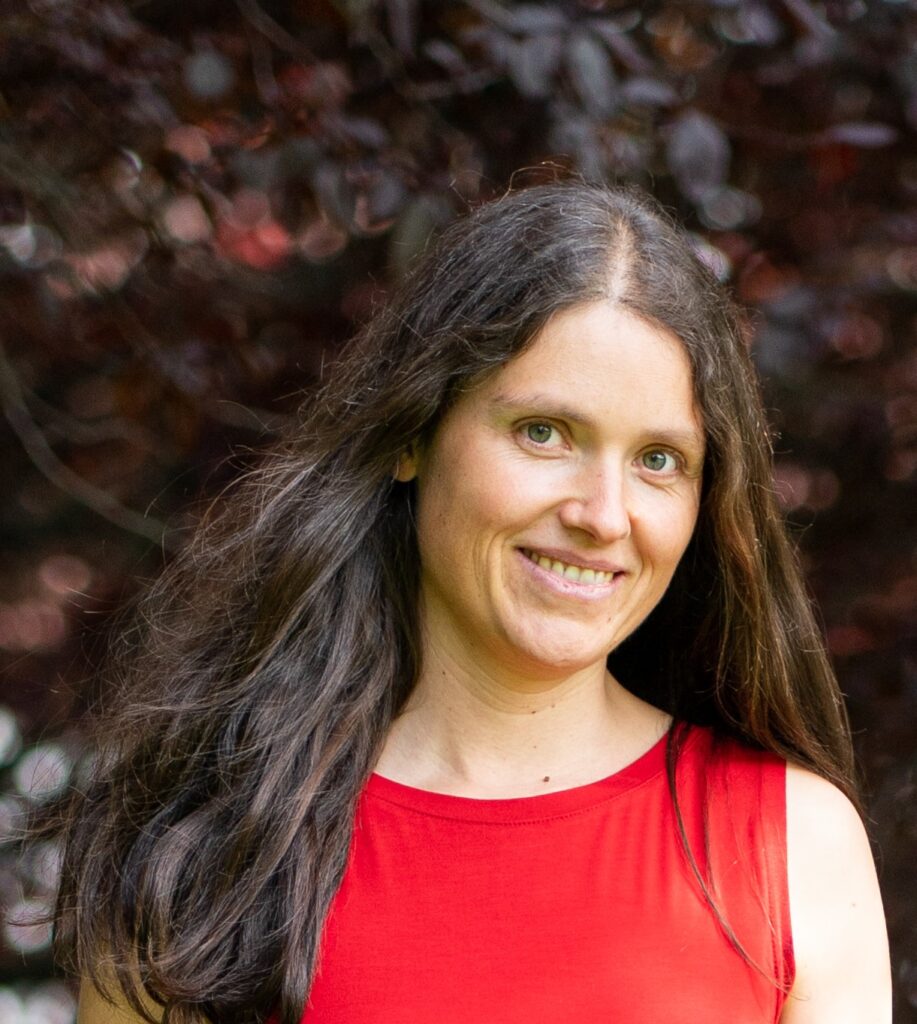
Irena Šímová is a biologist, with a particular focus on ecology and botany. She studies possible mechanisms that are responsible for the variability in the number of plant species in space and time. She is primarily interested in the relationship between the number of species and the quantity of available resources and how these variables and their mutual relationships are altered by human actions.
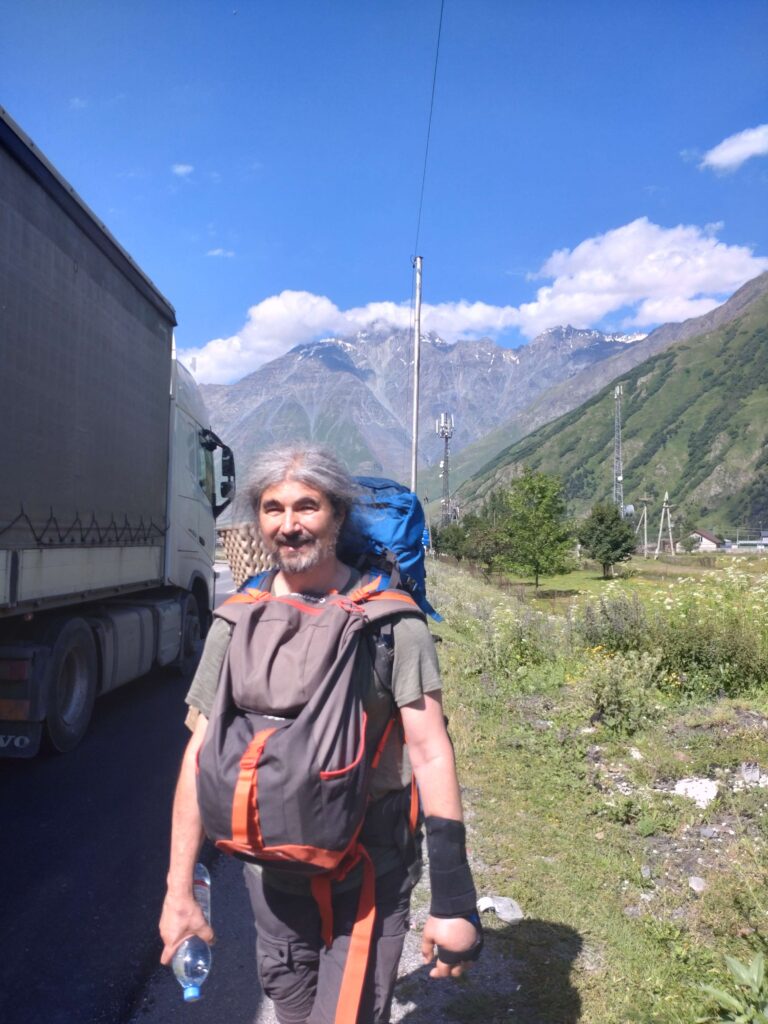
Arnošt L. Šizling is an ecologist. In his work he explores the general principles that shape biological diversity. His research touches on Anthropocene themes, especially where he examines the relationship between human activity (e.g. agriculture) and ecological rules during the Holocene; and places where natural processes are increasingly more intense than human activities, i.e. places where the Anthropocene is still a questionable concept.
Petr Tureček studies human evolution in the context of the evolution of culture and the evolution of culture in the context of human evolution. Through mathematical modelling, he explores the impact of differences between genetic and social transmission on adaptation and divergence processes in the respective domains. The connection of this primary interest to the Anthropocene is natural and self-evident. In addition to CTS, he also works as an assistant professor at the Faculty of Science of Charles University.
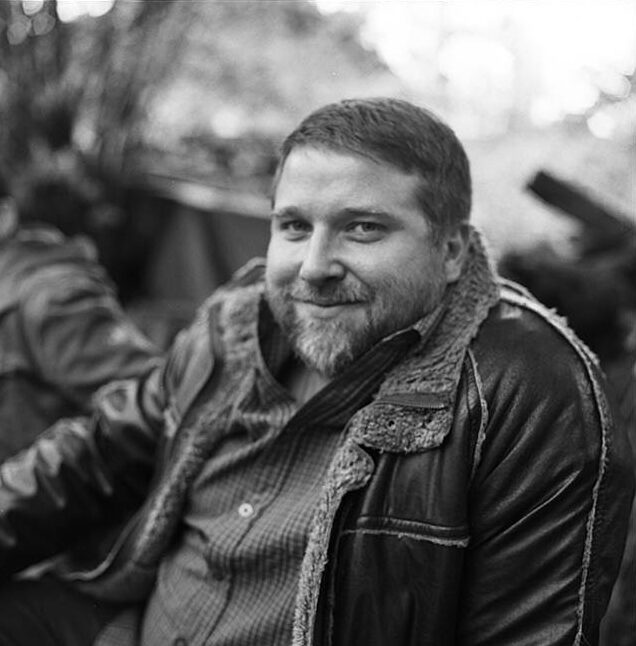
Jan Turek is an archaeologist at the Charles University Centre for Theoretical Studies. His area of interest lies in the “deep Anthropocene”, where he explores the beginnings of the period and the global impact of human culture. He also studies the reconstruction of social and gender relations in prehistory. Previously, he was the first to introduce gender research into Czech archaeology.
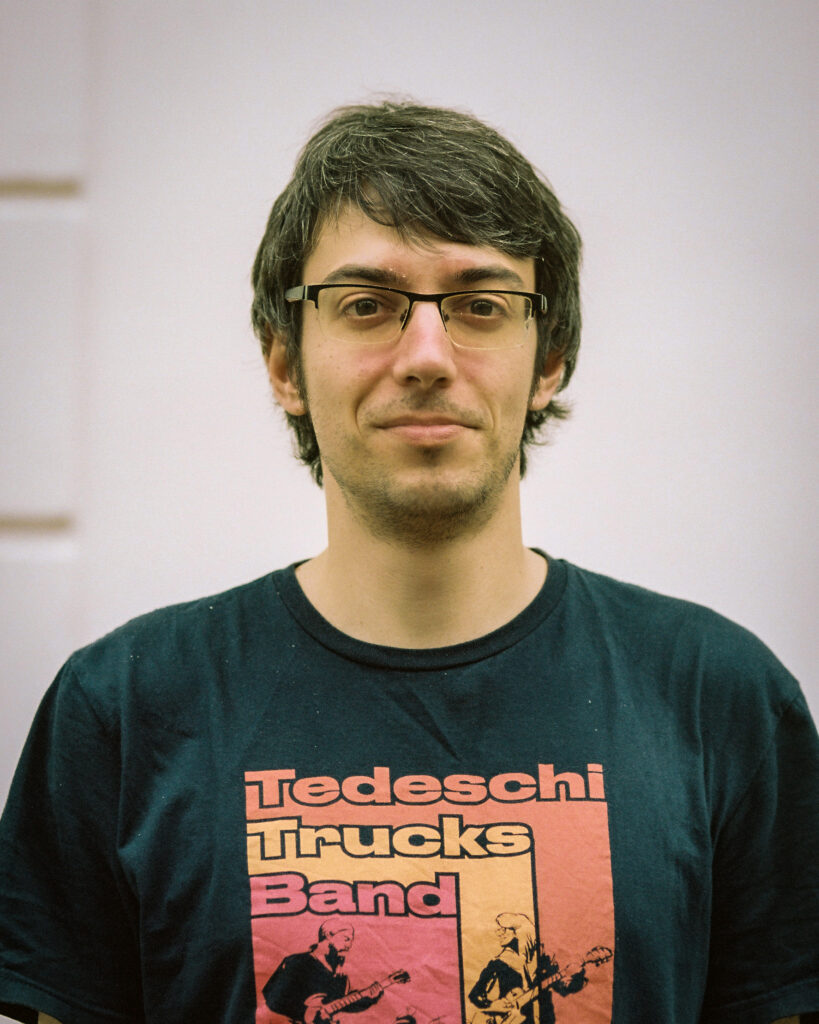
Jan Géryk is a legal theorist and political scientist. His main field of interest is the role of politics as a specific social subsystem in the context of contemporary changes in society and the world (social acceleration, the end of grand narratives, climate change). His work also deals with the issue of social movements and the possibilities of social change and with the questions of the 20th century intellectual history. With regards to the Anthropocene, he is especially interested in how this new epoch is reflected in constitutional theory.
External Collaborators
Alexandra Fruhstofer is a transdisciplinary designer with an investigative and research driven approach, running an independt design and research studio located in Vienna (Austria). Within her creative practice she questions prevalent political and cultural paradigms, while trying to embrace phenomena of accelerated technological and ecological change.
Adam Hudec (Akademie der bildenden Künste Wien) is a researcher, architect, activist, and educator, focusing his expertise on material processes of both nature and culture through lenses of cross-disciplinary investigation. Operating at the intersection of art, science and architecture, cross-disciplinary methodologies became his tool to investigate unexpected and hidden anomalies of the environment.
Matthew Walls is an Associate Professor at the Department of Anthropology and Archaeology, Faculty of Arts, University of Calgary. His teaching and research focuses on archaeology and the roots of the Anthropocene. He has a long-standing collaboration with the Centre for Theoretical Studies.

